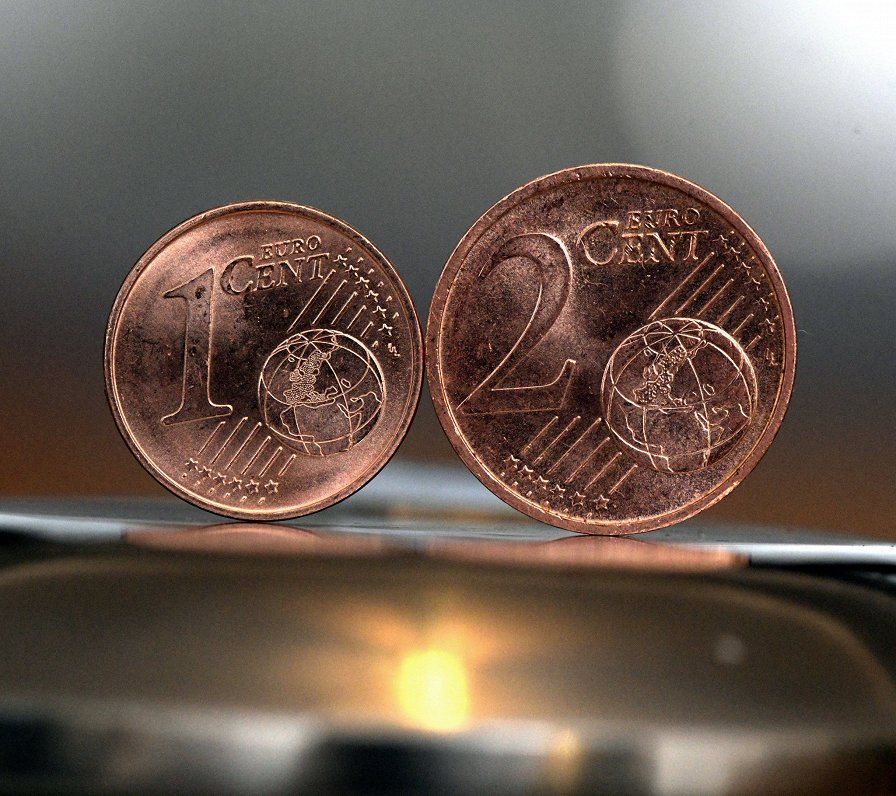For the fifth month in a row, food prices are falling, electricity has just become cheaper because the government decided to partially compensate for the increase in distribution tariffs, and heat tariffs are falling in several cities at the start of the heating season. All this has created the conditions that annual inflation has fallen to 3.3%. So while statistically it looks like the cost of living rates have stalled, prices have climbed so much in the last three years that we pay a third more for goods and services.
The economist of the bank “Luminor” Pēteris Strautiņš said that even if prices for some goods fall, this will not affect the significant increase.
“Most of that price hike that has happened is not going to go away. I assume there will be a year-on-year price drop at some point next year,” Strautiņš said.
Asked if wages are keeping up with the price jump, Strautiņš said: “In Latvia, real wages grew for 10 consecutive years, even 11 years come together. Real wages grew even very rapidly in 2021, by more than 8%. Wages fell a bit more last year than they rose the previous year. But basically, what happened, the people of Latvia lost [..] last year as much as they got in the best year of the previous decade. All people don't have the same inflation. The situation was very unpleasant for people on very low incomes.”
Wages aren't rising for everyone either, but they're climbing faster for some than the statistical average of 10 percent. But the average growth also doesn't make up for the cost of living experienced last year. And economists have estimated that at present the purchasing power is about what it was two years ago. The exception is low-wage recipients who, with less or no pay rises, can afford even less than two years ago.
In another two years, wages could reach inflation, predicted Dainis Gašpuitis, economist at SEB Bank.
“Real purchasing power has begun to recover, but it will take long enough to return to its purchasing power, which was even before the sharp rise in inflation. On average, looking both at future wage growth and the fact that inflation will fall, it is likely that we could end up there in the second half of 2025,“ noted Gašpuitis.
Citadele Bank expert and Fiscal Discipline Council Member Mārtiņš Āboliņš agreed. He noted that wages are currently rising faster than prices, but like his colleagues, Āboliņš concluded that those with lower wages are feeling improvements slower.
“People on lower incomes spend more of their money on food and utility bills - they have grown faster. Service prices haven't risen that fast. Therefore, each situation will be different,” said Āboliņš.






























